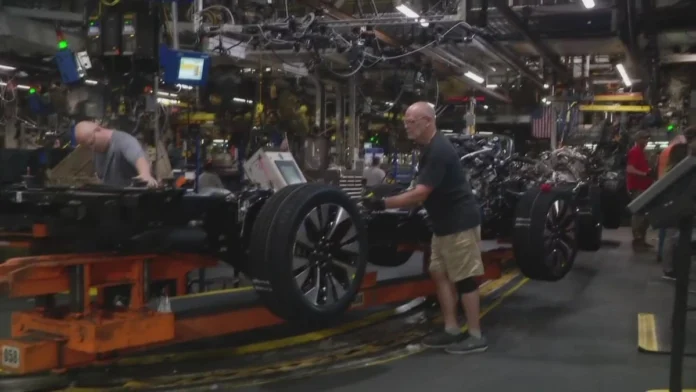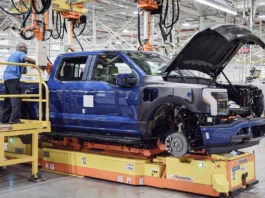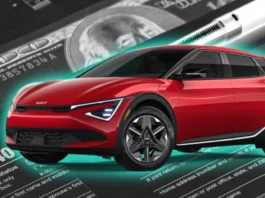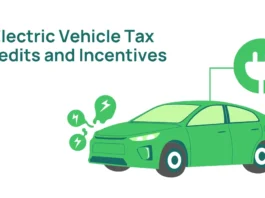Okay, let’s dive right in. Ford, that automotive giant we all know and (maybe) love, has hit the pause button on production of its Ford Expedition and Lincoln Navigator at the Louisville, Kentucky plant. Now, on the surface, that’s a headline. But here’s the thing: it’s not just a headline. It’s a ripple effect waiting to happen. What fascinates me is not the halt itself, but why this matters, especially if you’re someone even remotely connected to the auto industry in India, or even just dreaming of owning one of these behemoths someday.
Why This Production Halt Matters More Than You Think
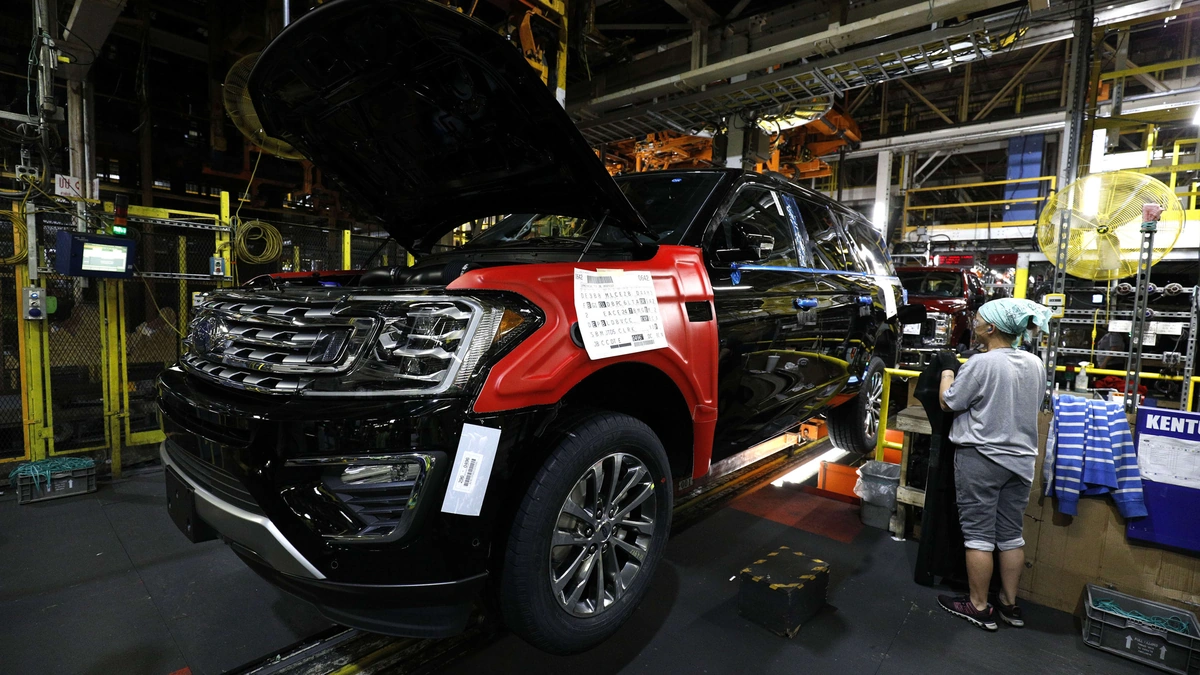
So, why should you care about a factory in Kentucky stopping production? Here’s the deal: the global automotive supply chain is more tangled than a Bollywood plot twist. A hiccup in one place can cause tremors halfway across the world. The Louisville plant is a major hub for these SUVs, and any disruption affects not only American dealerships but also international markets, including potential exports and the availability of parts.
Specifically, the Ford Expedition Navigator halt is reportedly due to supply chain issues. Ah, those pesky supply chain issues. We’ve heard about them for years now, haven’t we? It sounds vague, I know, but it translates to missing parts, production delays, and ultimately, fewer cars rolling off the assembly line. And that decrease in supply almost always means higher prices and longer wait times for consumers, globally.
Think about it this way: if the plant isn’t churning out Expeditions and Navigators, there’s a domino effect. Suppliers get affected, transportation companies take a hit, and dealerships scramble. Moreover, it gives competitors a chance to swoop in and steal market share. The global auto market is fiercely competitive and Ford knows it. I initially thought this was straightforward but there is much more nuance under the hood.
The Ripple Effect | How It Impacts India
Now, you might be thinking, “Okay, that’s America. What’s it got to do with me?” Well, here’s where it gets interesting. While the Expedition and Navigator aren’t directly sold in India, the implications are still relevant. Many high-end SUVs share components and technologies. A shortage of certain microchips or raw materials affecting the Expedition could indirectly impact the production of similar vehicles sold in India.
Furthermore, the principles of supply chain economics are universal. When a major player like Ford faces production issues, it sends shockwaves through the entire industry. Indian manufacturers might face similar challenges in sourcing components, leading to potential price hikes or delays for locally produced SUVs and other vehicles.
Let’s be honest, the Indian auto market is becoming increasingly sophisticated. Consumers want bigger, better, and more luxurious vehicles. And the halt in Navigator production highlights the fragility of the supply chains that support this growing demand. It’s a reminder that even the biggest companies are vulnerable to global disruptions .
What’s Ford Doing About It? (And What Can You Learn?)
So, what’s Ford’s game plan? Automakers aren’t known for sitting still when trouble hits, especially Ford. I would bet that they are working overtime to resolve these supply chain bottlenecks. This could involve diversifying their supplier base, re-engineering components to use more readily available materials, or even temporarily shifting production to other plants. According to the latest news articles on the Ford Motor Company official website, these are all viable solutions.
But here’s the thing you can learn from this: proactive planning is crucial, whether you’re running a multi-billion dollar company or just managing your own household budget. Diversification, contingency plans, and a healthy dose of realism can help you weather any storm. Supply chain management is a delicate balance of art and science. One thing that consumers could learn is that car buying may take more flexibility than in prior years.
Ford also is probably looking to work with suppliers to ensure that the production resumes in an expedited manner. This isn’t the first time the production factory has had halts and it is unlikely to be the last time.
The Future of SUVs | Is This a Blip or a Trend?
The big question is, is this just a temporary blip, or is it a sign of deeper, more systemic problems in the auto industry? Honestly, it’s probably a bit of both. Supply chain issues are likely to persist for some time, but automakers are also learning to adapt and become more resilient.
What fascinates me is that this situation could accelerate the shift towards electric vehicles. EVs generally have simpler supply chains, with fewer components and less reliance on traditional automotive suppliers. The Louisville factory production slowdown may encourage consumers to consider electric alternatives, boosting the EV market in the long run.
Ford Expedition and Navigator | A Quick Look
The Ford Expedition and the Lincoln Navigator are both large SUVs that offer a lot of space, comfort, and features. The Expedition, aimed at a broader audience, is known for its robust capabilities and practicality, making it a favorite for families and those needing serious towing capacity. On the other hand, the Navigator , Lincoln’s flagship SUV, dials up the luxury with premium materials, advanced technology, and a smoother ride, targeting a more affluent clientele. Both vehicles share a common platform and are produced at the Kentucky Truck Plant.
FAQ
What exactly caused the production halt?
The primary cause is supply chain disruptions, particularly shortages of essential components needed for manufacturing the Expedition and Navigator.
How long is the production halt expected to last?
The exact duration is uncertain, but Ford is actively working to resolve the supply chain issues as quickly as possible.
Will this affect the availability of parts and service?
Potentially. A prolonged halt could lead to delays in obtaining replacement parts, but Ford will likely prioritize supplying existing customers.
Could this lead to price increases for these vehicles?
It’s possible. Reduced supply often results in higher prices, but it depends on various market factors.
Is Ford considering moving production elsewhere?
While not publicly announced, automakers often explore alternative production sites to mitigate disruptions. This is an option but not a guarantee.
Are other Ford models affected?
While the Expedition and Navigator are directly impacted, broader supply chain issues could indirectly affect other Ford vehicles as well.
The automotive industry is always changing with new obstacles that they must overcome to continue operation. The halt of production is just one obstacle for the Ford Expedition Navigator , it will be interesting to see how they overcome.

